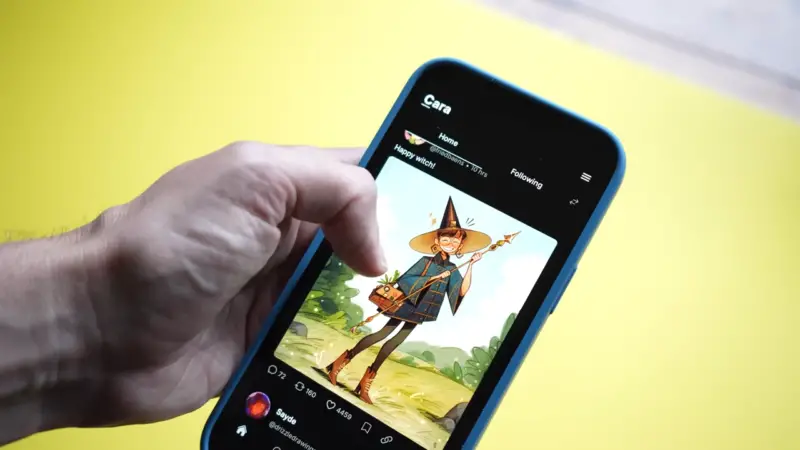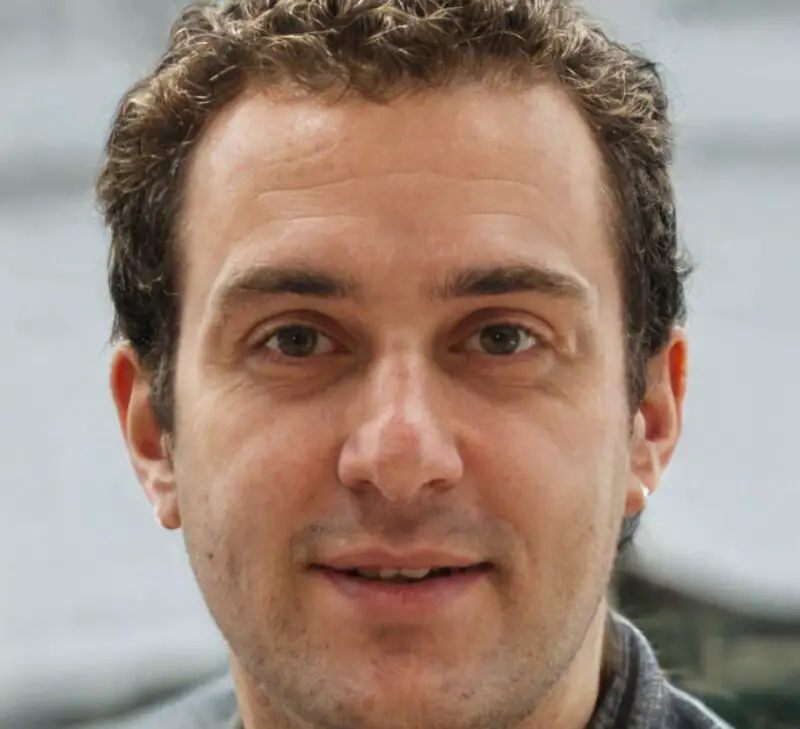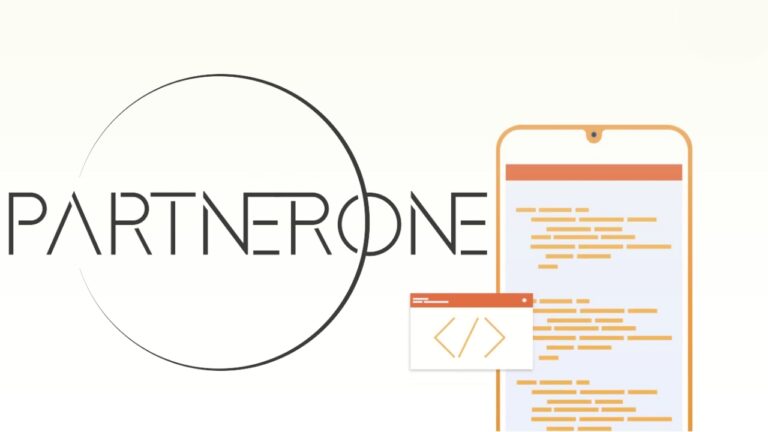Artists are finally taking a stand against Meta’s exploitative AI practices, and their departure is benefiting Cara, an artist-run, anti-AI social platform. In just one week, Cara’s user base skyrocketed from 40,000 to 650,000, propelling it to the top of the App Store charts.
Instagram is crucial for many artists to showcase their work and attract clients. However, Meta has been using public posts to train its AI systems, with only European users able to opt out due to GDPR laws. The pervasive use of generative AI on Meta’s platforms has driven artists to their breaking point.
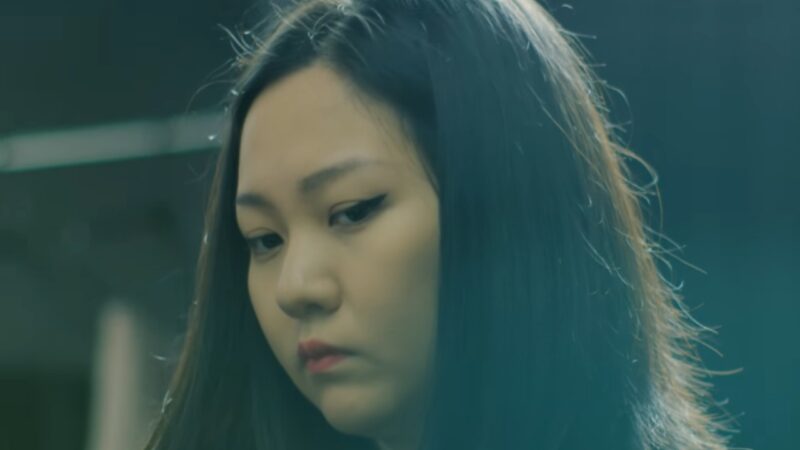
Jingna Zhang, a renowned photographer and founder of Cara, expressed frustration with Meta’s practices. “When you put [AI] so much in their face, and then give them the option to opt out, but then increase the friction to opt out… I think that increases their anger level — like, okay now I’ve really had enough,” Zhang told TechCrunch.
Cara, available as both a web and mobile app, combines features of Instagram and X, tailored specifically for artists. Users can create a portfolio of their work and post updates to their feed.
Zhang is well-suited to lead this artist-centric social network, allowing artists to share their work without fear of it being used for AI training. She has actively fought for artists’ rights, winning a recent appeal in Luxembourg against a painter who copied her photograph.
“Using a different medium was irrelevant. My work being ‘available online’ was irrelevant. Consent was necessary,” Zhang wrote on X.
Zhang, along with three other artists, is also suing Google for allegedly using their copyrighted work to train Imagen, an AI image generator. She’s involved in a similar lawsuit against Stability AI, Midjourney, DeviantArt, and Runway AI.
“Words can’t describe how dehumanizing it is to see my name used 20,000+ times in MidJourney,” she wrote on Instagram. “My life’s work and who I am—reduced to meaningless fodder for a commercial image slot machine.”
Artists oppose AI because their work is often used without consent in training datasets. These models scrape the internet for images, disregarding copyright. This not only threatens artists’ jobs but also disrespects their creations.
“For artists, it’s a part of our selves and our identity. I would not want my best friend to make a manipulation of my work without asking me. There’s a nuance to how we see things, but I don’t think people understand that the art we do is not a product,” Zhang said.
Cara partners with the University of Chicago’s Glaze project to protect artists’ work. Glaze helps shield artwork from being scraped for AI training.
Other initiatives like Spawning AI also support artists. Spawning AI has developed an API allowing artists to remove their work from popular datasets, but it relies on companies honoring these requests. HuggingFace and Stability have agreed to respect Spawning’s Do Not Train registry, but work already used in trained models cannot be retroactively removed.
“There is this clash between backgrounds and expectations on what we put on the internet,” Zhang said. “We put it online, and we don’t charge people to view this piece of work, but it doesn’t mean that we give up our copyright, or any ownership of our work.”
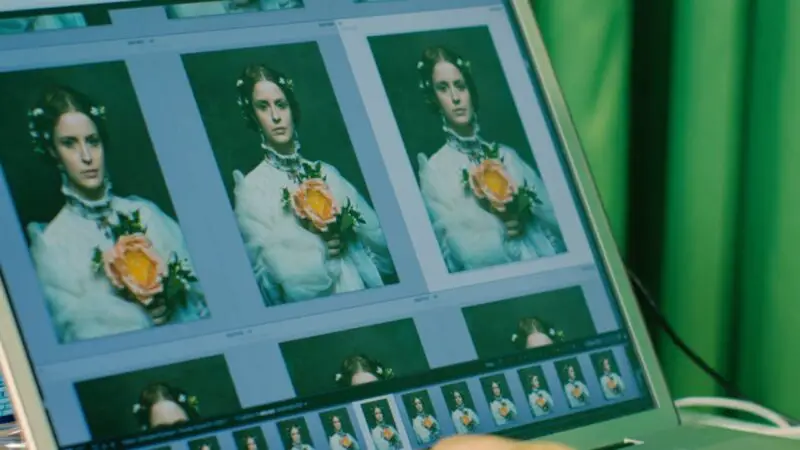
Zhang’s interest in AI began eight years ago when Google’s AlphaGo defeated Go champion Lee Sedol. This experience helped her anticipate AI’s impact on her career.
Cara isn’t Zhang’s first attempt at an artist-friendly social network. She believes Cara is succeeding now due to her growth and maturity as a founder. With a background in sports and photography, Zhang has learned the importance of teamwork through various experiences.
However, Cara’s rapid growth presents challenges. Founded in late 2022 and fully bootstrapped, Cara relies heavily on volunteers. The platform’s sudden 1525% increase in users strained its resources, resulting in a shocking $96,280 bill from web hosting company Vercel. Although Vercel offered to help, the situation remains uncertain.
Zhang has avoided venture funding to maintain artistic integrity, seeking like-minded supporters instead. The next few weeks are critical for Cara’s future, but Zhang remains optimistic.
“Building a product is a bit like making art,” she said. “You just make something that you like as a person, and know not everyone will love it. But some people who have the same point of view, they would, and then you can grow your community from there.”

